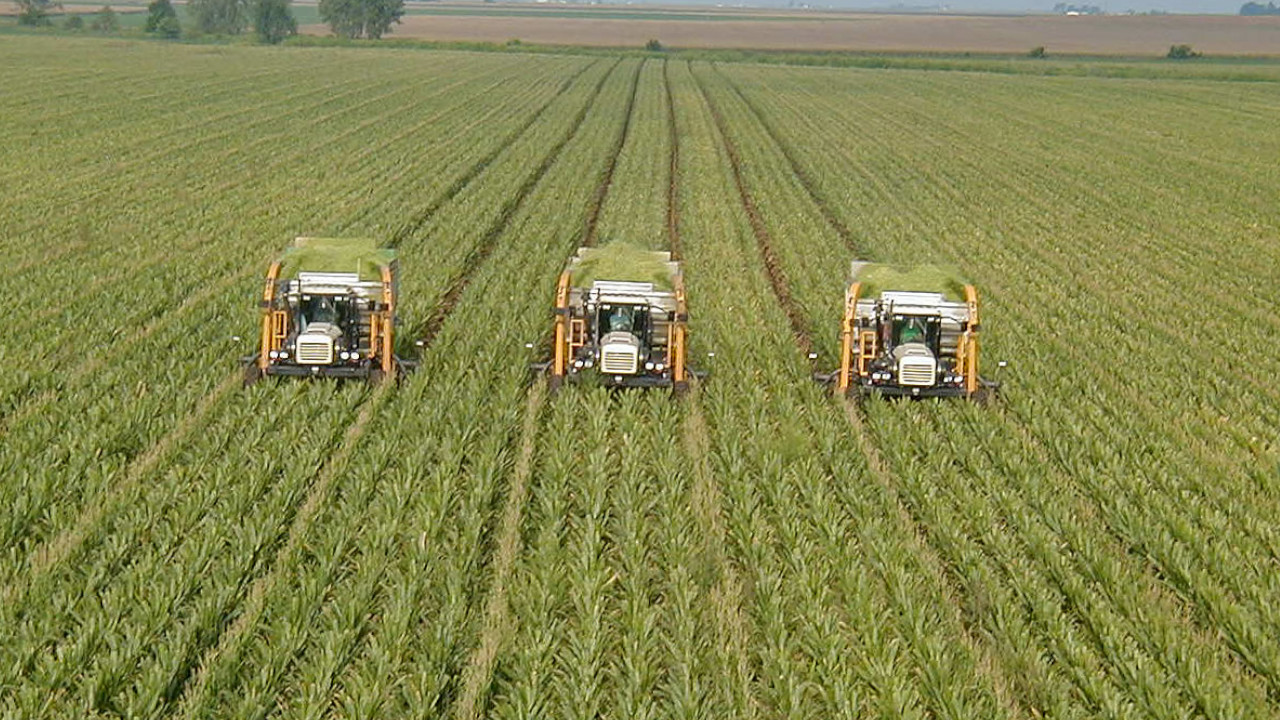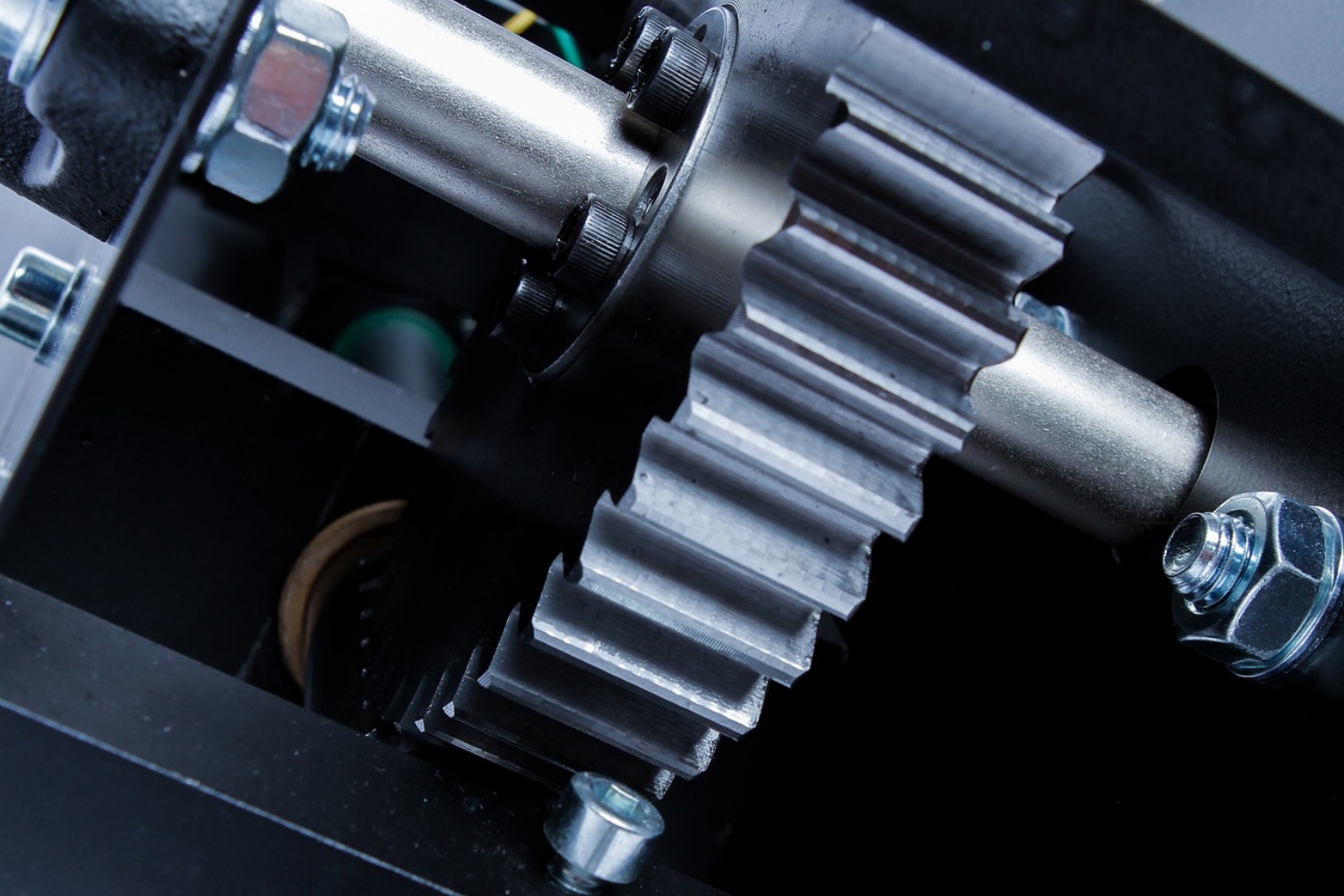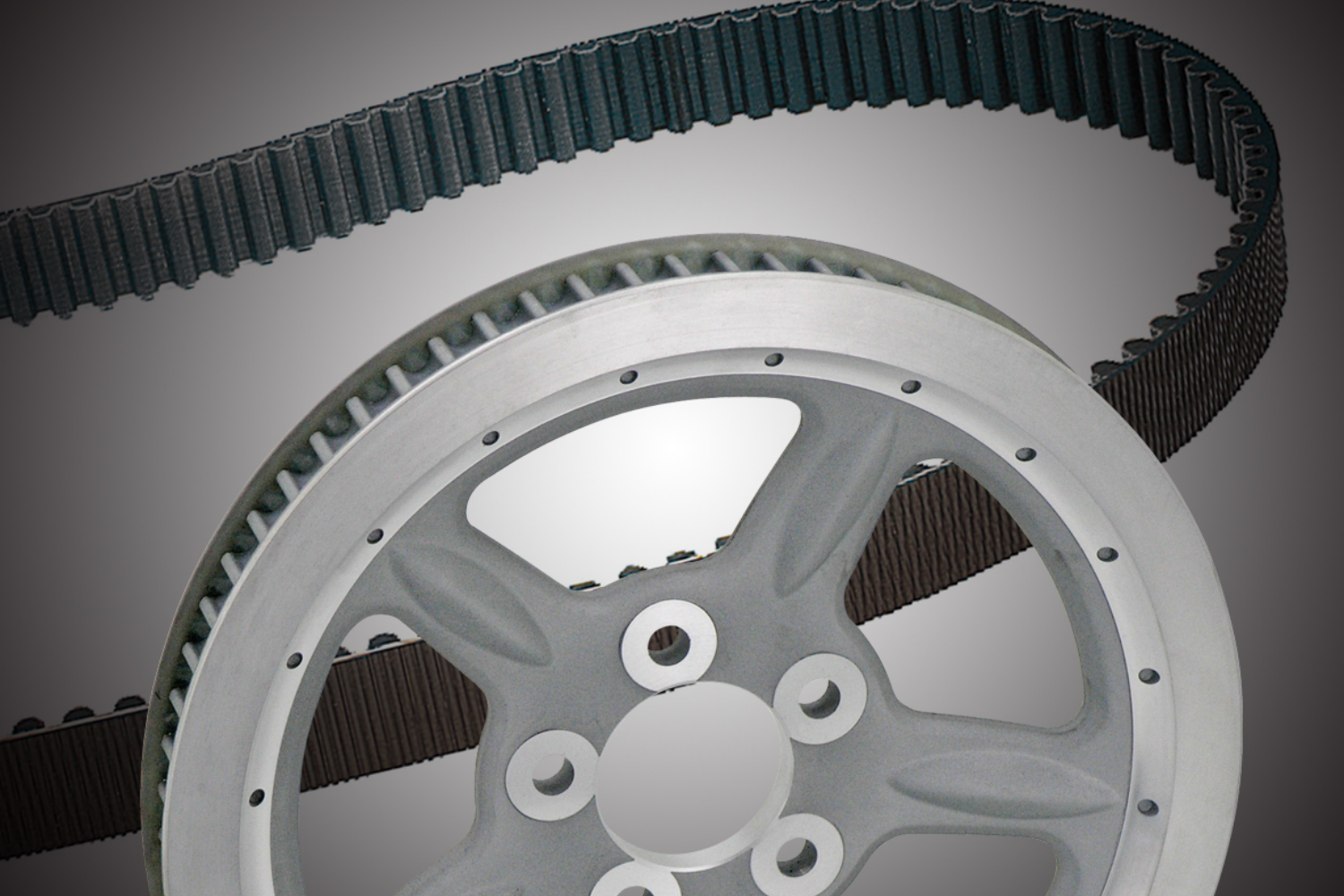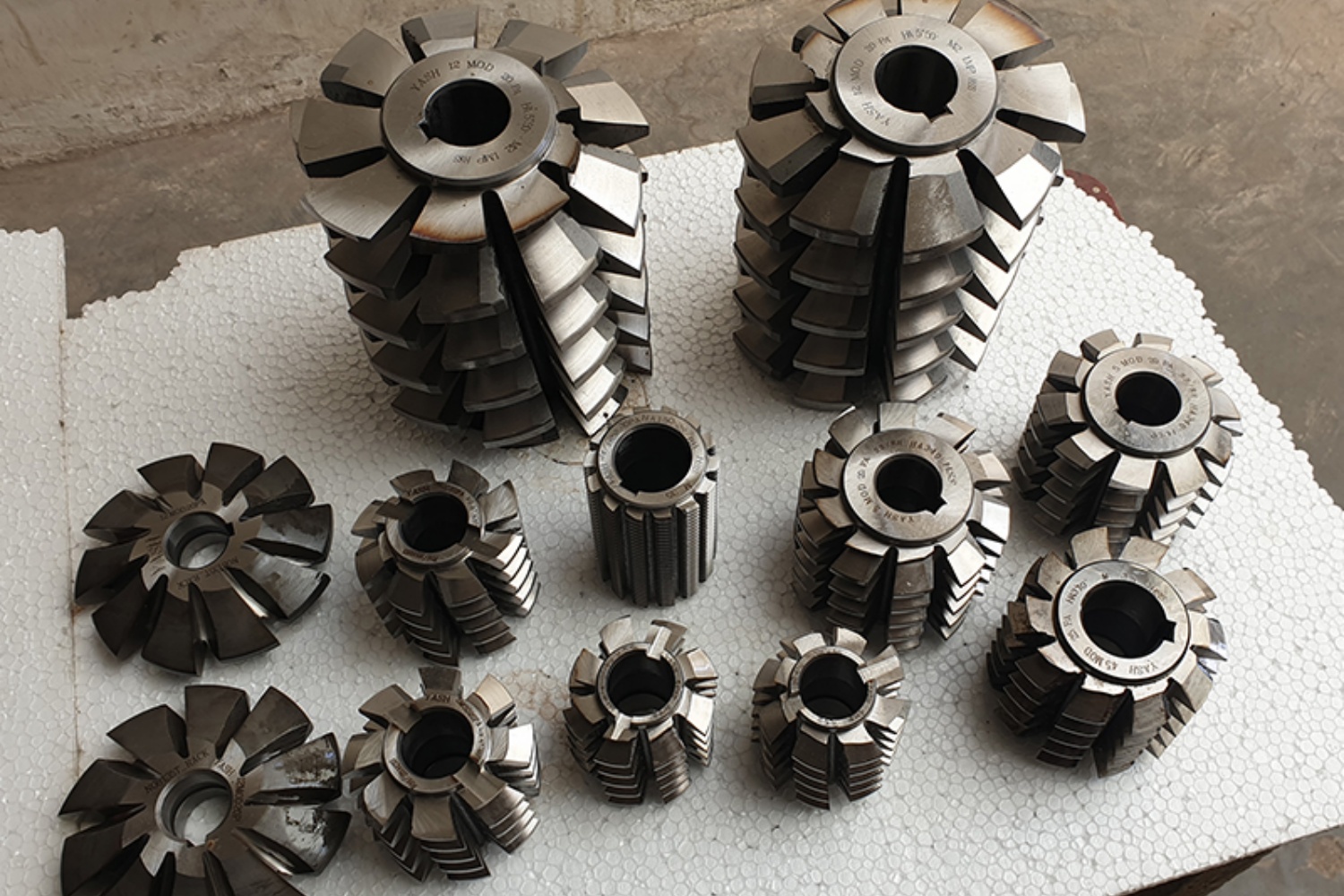In the age of advanced technology, agricultural machinery has undergone significant transformations, leading to more efficient and sustainable farming practices. One such transformational component is the sprocket, a simple but essential device that lies at the heart of power transmission in agricultural machinery. Sprockets have evolved from their basic design to highly customized precision sprockets, revolutionizing the agricultural sector.
The Evolution of Agricultural Sprockets
Over the years, sprockets have transformed from their basic design to more advanced and specialized forms. Initially, sprockets were mass-produced in standard sizes and shapes, suitable for a wide range of machinery. However, as farming practices became more specialized and sophisticated, the need for customized sprockets emerged. Advanced manufacturing techniques enabled the production of precision sprockets tailored to specific machinery and farming needs. These precision sprockets offered improved power transmission, better wear resistance, and greater adaptability to different terrains and crops.
Efficiency Boosters: The Role of Precision Sprockets
Precision sprockets play a crucial role in enhancing the efficiency of agricultural machinery. Here are some ways in which they transform farming:
- Power Transmission Improvements: Precision sprockets are designed to transmit power more efficiently, ensuring that the engine’s power is translated into motive force effectively. This translates into better tractive effort, which is essential for tilling, planting, and harvesting operations.
- Enhanced Durability: Precision sprockets are made from high-quality materials that provide greater wear resistance and durability. This reduces the frequency of replacement and downtime, ensuring continuous operation throughout the farming season.
- Improved Accuracy: With their precision design, sprockets ensure accurate power transmission, reducing vibrations and torque fluctuations. This enhances the accuracy of operations like planting, fertilizing, and harvesting, leading to more uniform and consistent yields.
- Increased Versatility: Precision sprockets are designed to adapt to different terrains, crops, and farming practices. They offer better stability on uneven ground, allowing farmers to work their fields effectively regardless of terrain conditions.
- Reduced Maintenance Costs: Precision sprockets have smoother surfaces and optimized tooth geometry, reducing friction and wear. This extends the lifespan of the sprocket and other components, resulting in lower maintenance costs over time.
- Enhanced Safety: Precision sprockets minimize vibrations and other operational irregularities, reducing the risk of equipment failure or accidents during operation. This enhances the safety of both farmers and field operators.
The Future of Agricultural Sprockets
As technology continues to advance, agricultural sprockets are expected to undergo further transformations. Innovations in materials and manufacturing processes will lead to even more durable, efficient, and specialized sprockets that meet the growing demands of modern agriculture. Additionally, as precision agriculture practices gain popularity, precision sprockets will play a crucial role in integrating advanced technologies like GPS guidance systems, sensors, and robotics into agricultural machinery.
Precision sprockets have emerged as efficiency boosters in agricultural machinery, revolutionizing farming practices. Their adaptability, durability, and precision design have contributed significantly to enhancing power transmission, accuracy, versatility, and safety in agriculture operations. As agriculture continues to evolve, precision sprockets will remain at the forefront of technological advancements, enabling farmers to achieve more sustainable and profitable yields in an efficient manner.
More: The Benefits of Using Machining Parts in Your Industry
CONTINUE READING
Related Posts
In the world of industrial manufacturing, the efficiency and reliability of transmission systems are critical to the success of any […]
In industrial settings, a smooth and quiet power transmission system is crucial for productivity, safety, and worker comfort. V Belt […]
Splines play a critical role in mechanical power transmission systems, enabling rotational motion and torque transfer between mating components. These […]





